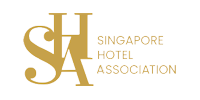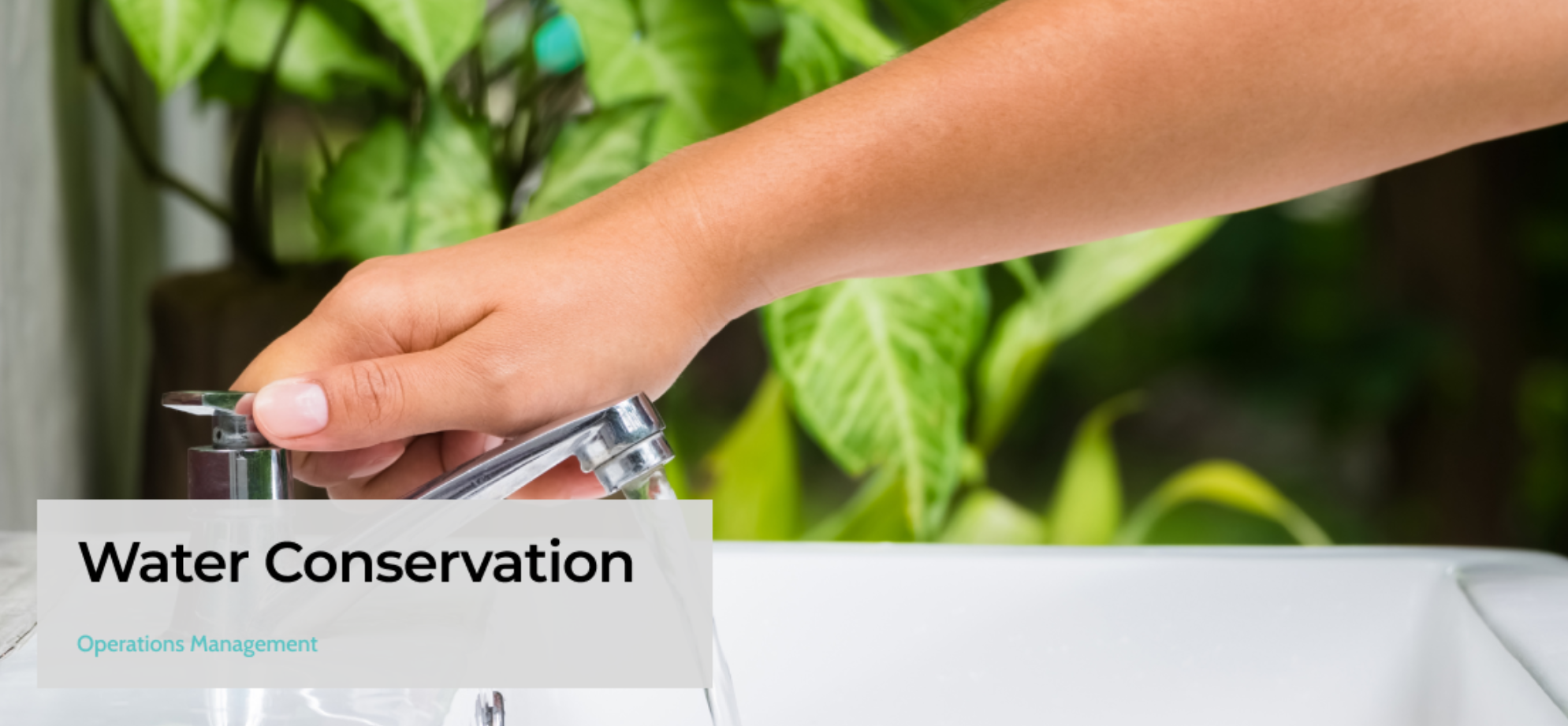
Water Conservation
Operations Management
Water is a critical natural resource that is essential for sustaining both human life and the environment, as well as maintaining business productivity in the workplace.
Freshwater is an extremely precious resource that is unfortunately, becoming increasingly scarce due to the unprecedented effects of climate change that have placed tremendous pressure on our freshwater ecosystems. Over time, this leads to a decrease in the availability of potable water, leaving fewer potable sources that are safe for human consumption. Without it, we are no longer able to drink, eat, work, let alone sustain businesses and industries.
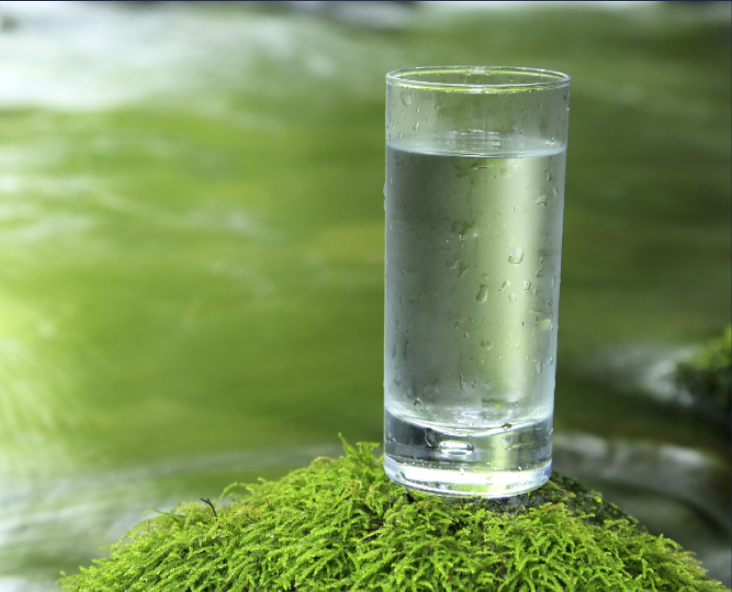
For hotels, water is fundamental in ensuring the sustainability of their businesses, with 85% of water used going into guestrooms, cooling towers, hot water supply system and food & beverage outlets. There are more cost benefit advantages to conserving our water resources and one practical solution is to implement inclusive initiatives for both guests and staff alike on the importance of our water resource and to conserve its use.
Our recommended methodology begins with an audit process, which analyses the current state of water consumption within the hotel. These gathered audit insights are imperative in highlighting areas of concerns with inappropriate water usage. With areas of water wastages clearly identified, hotels will be able to strategically develop and construct effective solutions that optimise water usage and consumption with greatest efficacy. Some of the common solutions include:
Some of the common solutions include:
|
| Solutions: Retrofit and integration of water-saving technology; Reallocation of greywater collected for non-contact use; Management of chores and services |
| Educate: Educational engagements with staff and guests on water conscious behaviors | |
| Monitor and Review: Implementation of water monitoring systems, and conduct regular checks on meters or related information systems to effectively manage hotel’s water usage and consumption in a strategic and orderly manner |
Water is an essential resource for hotels to achieve business productivity and true sustainability stems from the core of business practices and values. This is visible in the ways organisation conserves their existing resources, whilst actively mitigating and eliminating unnecessary wastes.
The next step is to introduce and integrate measures that improves the management of resources in hotels, whilst setting a good global example for industry peers to follow suit. By integrating a robust water management framework, the hotel and tourism industry can be better prepared to face future climate-related risks.
References: WWF - Water Scarcity and threats | The water crisis is a vital investment opportunity | Water Efficiency Benchmark
Global Best Practices
General Audit
Before we can have a good grasp of a hotel’s overall consumption of the precious resource, an audit session is essential to probe at the
volumes of resources used to sustain the business. In this process, it also sieves out areas with potentially incredible amounts of water
use, allowing hotels to have timely intervention and implement strategies to reduce wastage effectively.
The audit process requires assessments in multiple areas of the organisation to get a good grasp of how the existing systems interact with each other. The auditing process, though extensive, remains critical. Conducting a thorough audit is therefore one of the first analytical steps an organisation can take to understand its current state and target areas of key concern to achieve sustainable goals.
Typically,
an audit process consists of a few main steps. Some of these steps may vary in different industries and sectors, however, the general flow
remains the same.
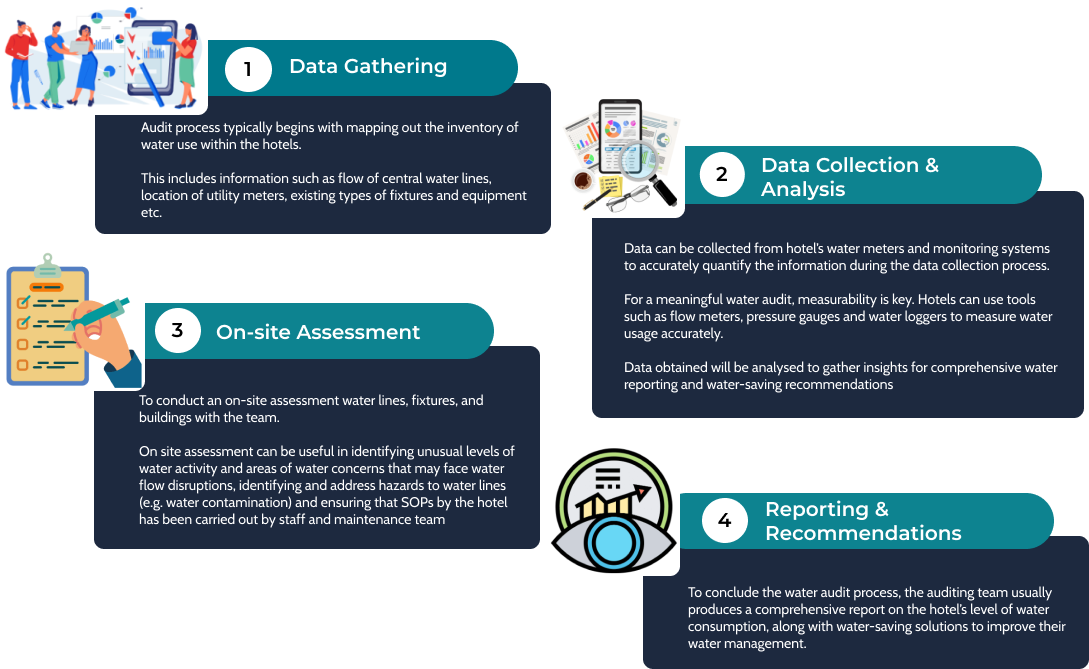
Hotels can consider using Hotel Water Measurement Initiative (HWMI) (insert link: Hotel Water Measurement Initiative (HWMI) – Sustainable Hospitality Alliance) developed by Sustainable Hospitality Alliance to calculate the water use in hotels. The tool was developed to ensure a consistent
methodology was adopted for measuring and communicating water consumption in the hospitality industry.
References: World
Health Organisation – The International Water Association
Solutions
Based on the audit insights gathered, hotels can deploy a variety of solutions to achieve higher efficiency in their water usage.
Water usage can be managed with effective strategies. With essential tweaks through retrofits, integration of technology, reallocation of resource, and better management of service schedules, hotels are able to significantly reduce their water usage. Strategies can be used independently, or in smart combination to optimize water efficiency. In addition, water-efficiency measures can be enhanced through education. To effectively maintain results, monitoring systems are essential in the long-term management of consumption levels.
Here are some of the common solutions that highlights the effectiveness of managing water use and management. Do note that the list provided is non-exhaustive.
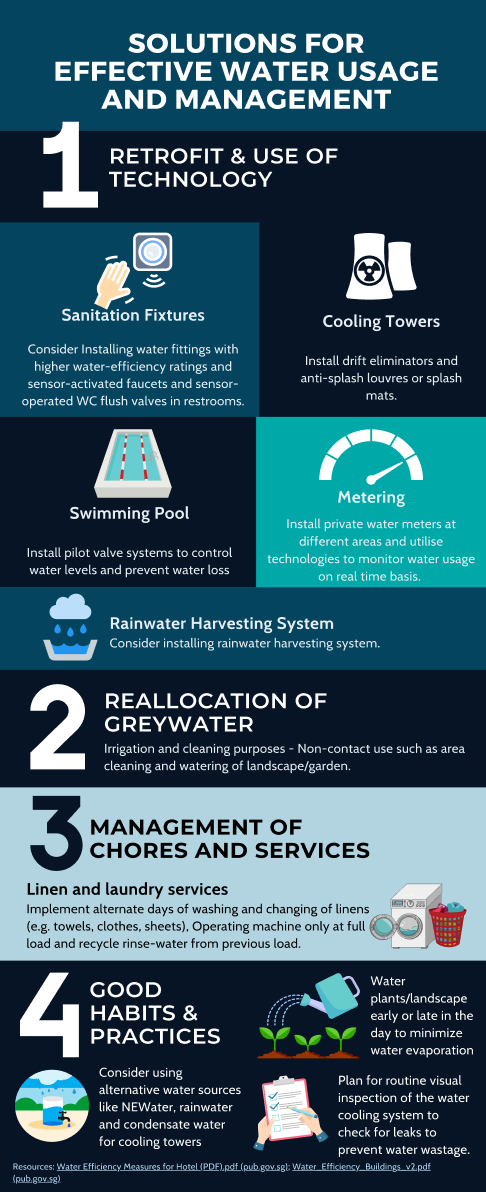
Education
Case Studies
International
IHG Hotels & Resorts (IHG) - Monitoring

IHG acknowledges the increasing global water stress due to population growth, extreme weather, and frequent droughts. Therefore, it has become crucial for IHG to incorporate water efficiency measures in both existing and new hotel operations to preserve and conserve this precious resource.
IHG has updated its brand standards and recommended suppliers to provide high-efficiency showerheads and low-flow taps and faucets to reduce water consumption. This modification has reduced water consumption by an average of 11 litres per minute and three litres per minute, respectively (varies depending on the hotel).
In 2022, IHG engaged a prominent sustainability consultancy to support the development of its water strategy's next stage. Having evaluated its current programs and data, external drivers and peer analysis, a group-wide strategy has been developed to reduce water usage across all its hotels.
References: ihg-responsible-business-report-2022.pdf (ihgplc.com)
Local
Mandarin Oriental Singapore - Retrofit

Water is a precious and finite resource crucial for hotel operations. Given the growing global water scarcity challenges, optimising water usage and curtailing unnecessary wastage is imperative.
Mandarin Oriental, Singapore has undertaken several water conservation projects, including retrofitting and installing sensor-activated sanitation fixtures, implementing dual cistern flush systems, utilising water-saving thimbles, and adopting an alternate day linen change policy.
These efforts have yielded significant water savings in property operations. The transition from single to dual flush systems alone has saved about 1,616 cubic meters of water annually. The installation of sensor-activated fixtures and water-saving thimbles have resulted in an estimated annual savings of 1,160 cubic meters of water.
These initiatives exemplify Mandarin Oriental Singapore's commitment to enhancing water conservation effectiveness. These efforts collectively led to substantial water savings, reflecting our dedication to sustainable practices in water management.
Resorts World at Sentosa (RWS) - Five Water Taps of RWS

With limited natural water resources, Singapore is extremely vulnerable and susceptible to water scarcity. As an integrated resort with seven hotels in operation and two attractions that depend heavily on water for business continuity, water is extremely important resource. RWS continually looks to streamline water consumption, improve water efficiency and explore alternative water sources. However, at present, there are many regulatory and technological challenges which hinders the development of alternative potable water alternatives, which lead to high barriers to entry for entities to invest and adopt alternative water sources.
Despite these challenges, RWS has been able to successfully diversify its water sources, setting up four alternative sources supplying 51% of its overall water consumption in the resort. These four alternative sources of water supply are seawater (27%), NEWater (15%), rainwater (8%) and reclaimed water (1%).

RWS continues to prioritise innovation and technology to achieve their water conservation and sustainability goals.
Monitor & Review
Water monitoring is vital for hotels in advancing efficacy in water usage, reducing resource wastage and business costs. Monitoring systems are to facilitate the maintenance of overall water consumption and usage in hotels. These systems are critical in capturing accurate live data for insight analysis. With real-time insights or regular checks, it increases response time and reduces time required for maintenance which in turn will help to raise operational productivity within hotels.
Several other advantages include:
In addition, the constant monitoring also reveals the possible water use trends. This, along with timely maintenance, reduces the frequency for major operational breakdowns, leading to higher productivity within hotels.
Reference : https://www.epa.gov/watersense/advanced-metering-infrastructure | https://www.apana.com/blog/how-to-conduct-a-water-audit
